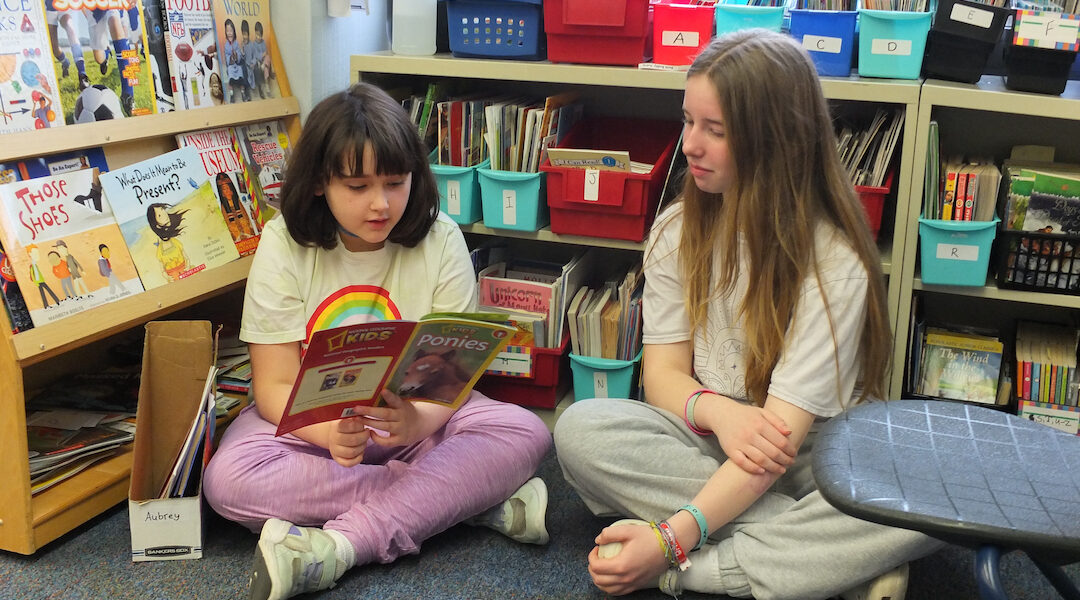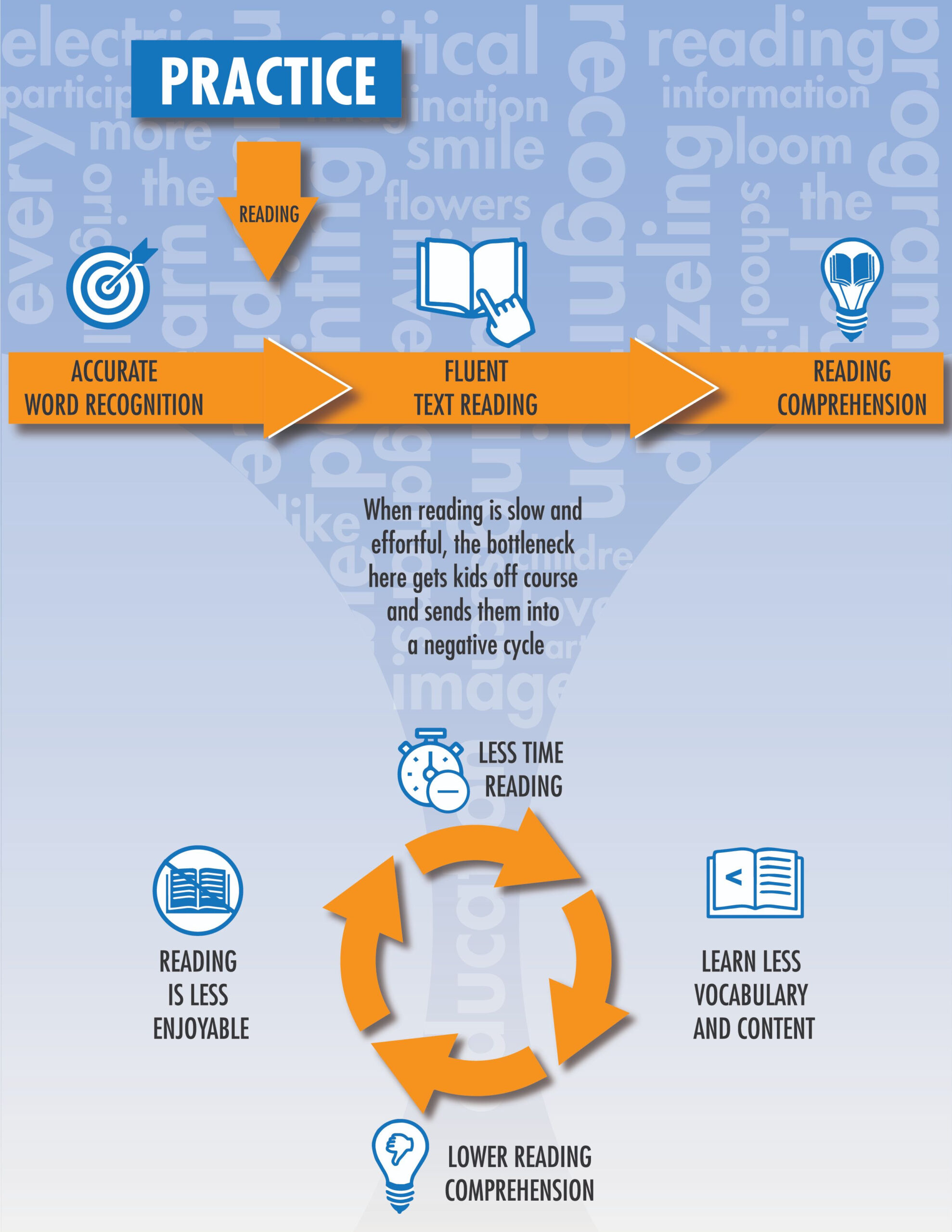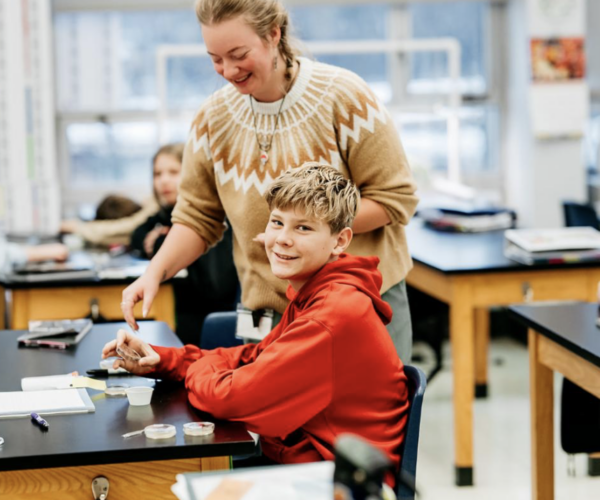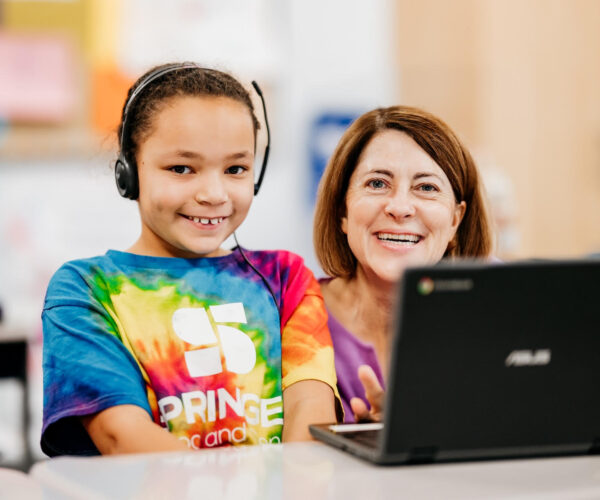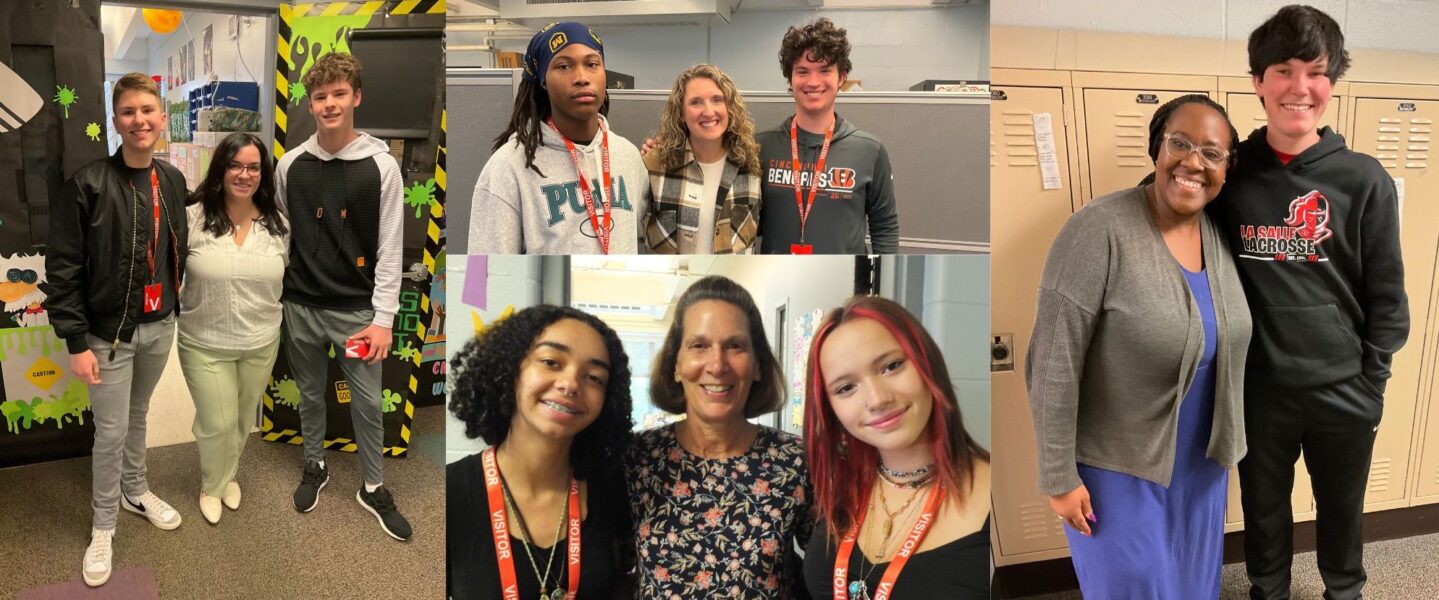
Alumni Make our Community Better!
April 9, 2024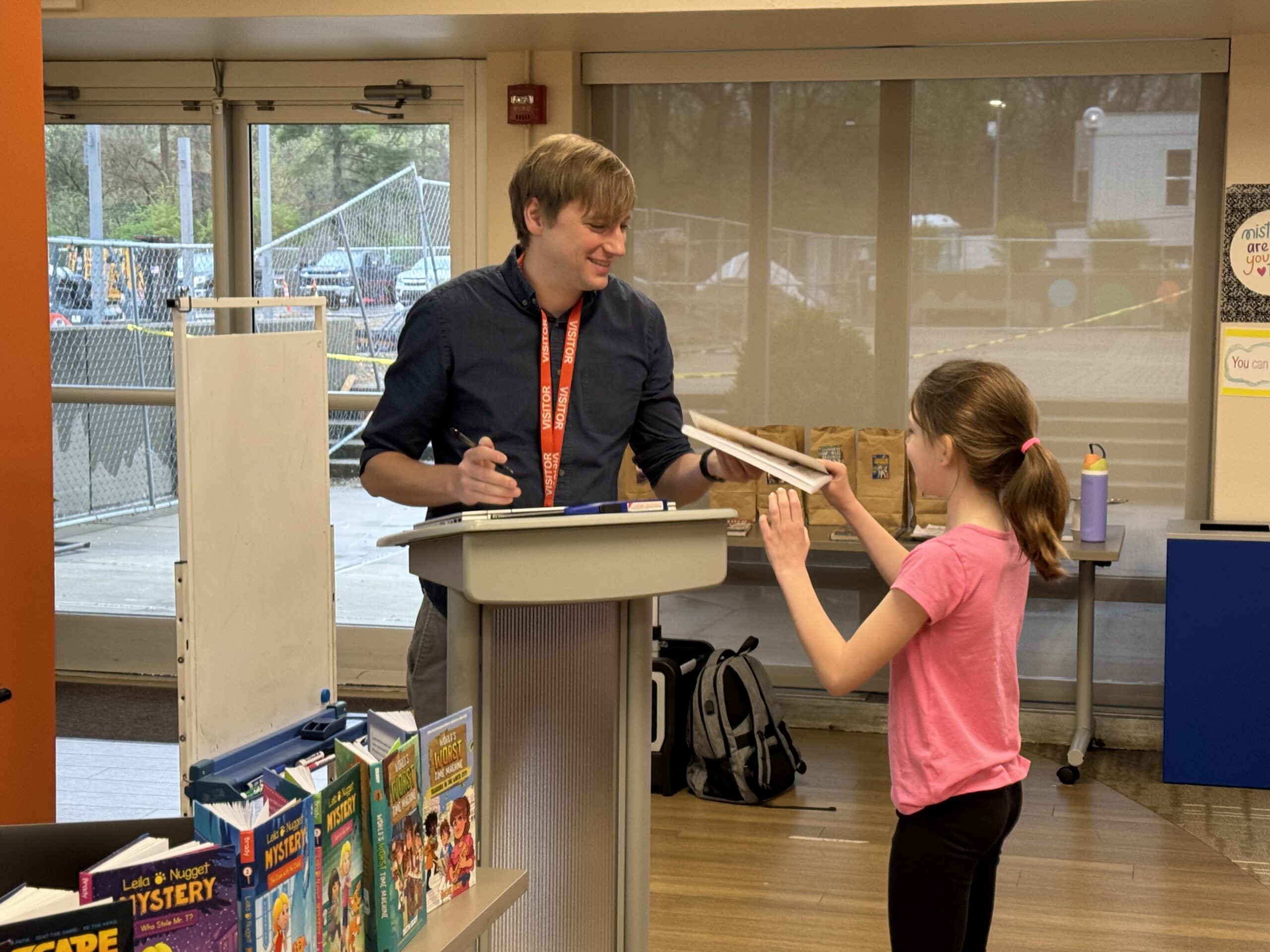
Students Meet Dustin Brady
April 22, 2024It’s understood among reading experts that a “wait and see” approach to early reading difficulties in children is not effective. For more, see Waiting Rarely Works: Late Bloomers Usually Just Wilt.
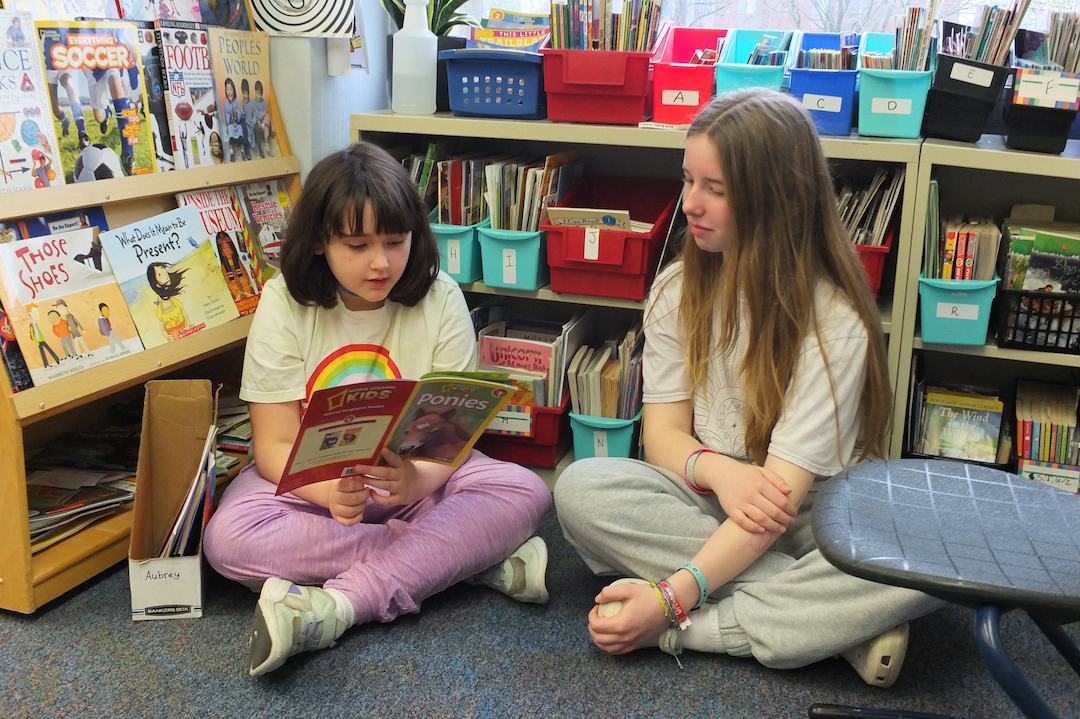
Cincinnati-based, national reading expert Stephanie Stollar, Ph.D. regularly hosts a network of educators for discussions on reading and improved teaching methods called the Reading Science Academy. In a recent session she received a startling question and shared her response among the group.
A member asked...If we know that most students who struggle at the end of first grade never catch up, is there a point to offering reading interventions in the intermediate grades?
Wow. That question really hit me.
Of course, it is essential to intervene with older struggling readers. We just have to do so knowing what we are up against, and shouldn't underestimate the amount of time it will take.
1. Struggling older readers may need 60-90 minutes of reading intervention every day. Most schools aren't organized to provide this.
2. Struggling readers have missed out on hours of time and practice in text, which limits their vocabulary, fluency, content knowledge, and reading comprehension. That lack of fluency sends them into the downward spiral I depicted in the graphic below.
As I've often said, it's not that the older struggling readers can't catch up, it's that schools are not organized to make it happen.
At Springer, we are aware of the degree of interventions and time needed to support students whose diagnoses are made in the intermediate grades (4-6). We also agree and know from experience that progress IS entirely possible, so addressing their challenges is a valuable use of time.
It’s exactly why our program is set up to provide the 60-90 minutes of daily intervention needed for meaningful progress.
Reading proficiency is a key part of our mission to empower students with learning disabilities to lead successful lives and we’re proud to provide the diagnostic services, tutoring and intentional in-school programming in elementary through high school, which leads students to achieve it.
Thank you to Stephanie Stollar, Ph.D. and the Reading Science Academy whose content is included here.

